
Pilot Interviews: How to be prepared for your Dream Job interview?
| September 06, 2020
If you managed to get to the interview stage, then half the work is already done. You have already impressed the recruiter with your qualifications, now all you need to do is confirm that you are indeed the right person for the job. Airlines pilot interviews usually consist of two parts, competency assessment, and technical evaluation. The technical part of the interview is self-explanatory, you can be asked a range of topics across theoretical ATPL that range from flight performance to meteorology.
The second part is the part that most people often suffer from, as it is the competency-based interview. Part of this suffering is due to the lack of understanding of why this part of the interview is done.
Many pilot interviews are now being used as a “pointing box” exercise. This basically means that the evaluator has a number of squares to determine if you have proven to possess the required competencies – if you check all the squares you get the job and if you fail to show that you have the required qualities, the evaluator will not be able to apply you for that job. Your task is to make sure that each box is marked.
So what are recruiters looking for? The aviation industry has developed significantly over the past few decades, as has the role of pilots. Admittedly, pilots can take the ILS approach, rather than focusing heavily on the soft skills of the flight crew. On a daily basis, pilots are required to manage many situations that may be affected by a wide range of factors ranging from technical issues, air traffic control, language barriers, weather, passengers, other crew members. All this, of course, during the operation and management of a very complex aircraft that costs millions of pounds with the possibility of hundreds of people on board. When managing such situations, you are expected to do this in a commercially rapid manner, which means that you put the interest of the customers and the company first.
9 Things You Need To Prepare For Your Pilot Interviews
1) Your logbook
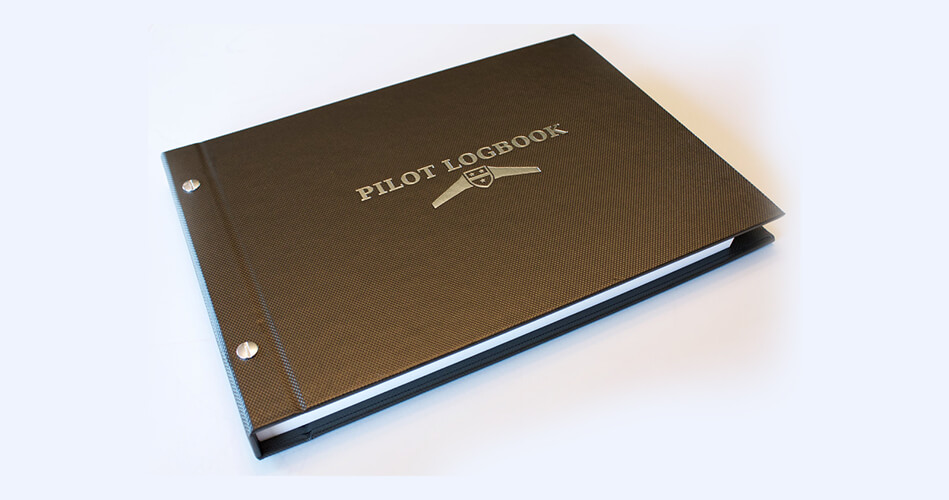
Your logbook is one of the most important snapshots of your career that you have to submit to the interview team. Make sure it’s organized and updated. Also, consider selecting check tours and other important events with tabs. The ease of reviewing your record allows the interviewer to know that you are ready and prepared for work.
2) Add your flight times up
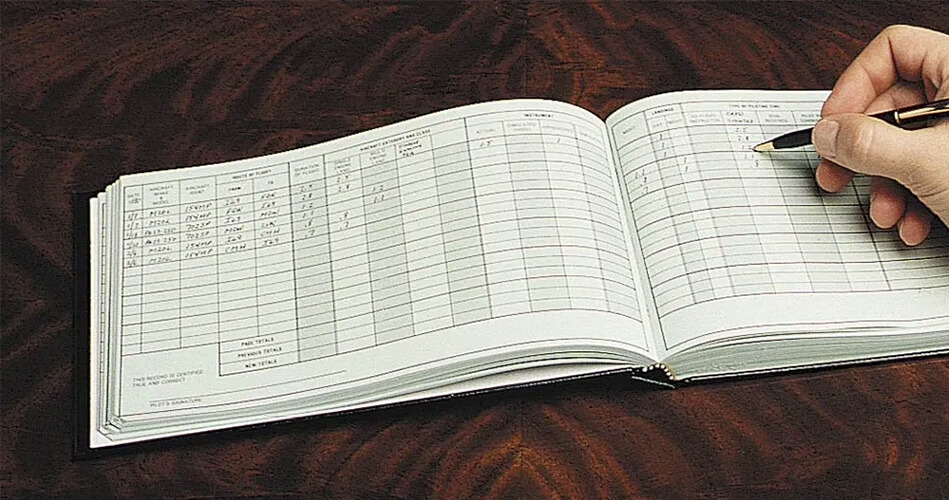
Make sure to add flight times to your logbook, and if not, make sure you have a good, easy-to-understand reason for column mismatch in your logbook. This will make it easier to understand your hubs, as well as it will help your interviewer to validate the hours in your record, not padded.
3) Your previous employers

Most companies do a background check for you, and this may include former employers. Make sure you have a clear record of your previous jobs, as well as contact information for each.
4) The ATP written
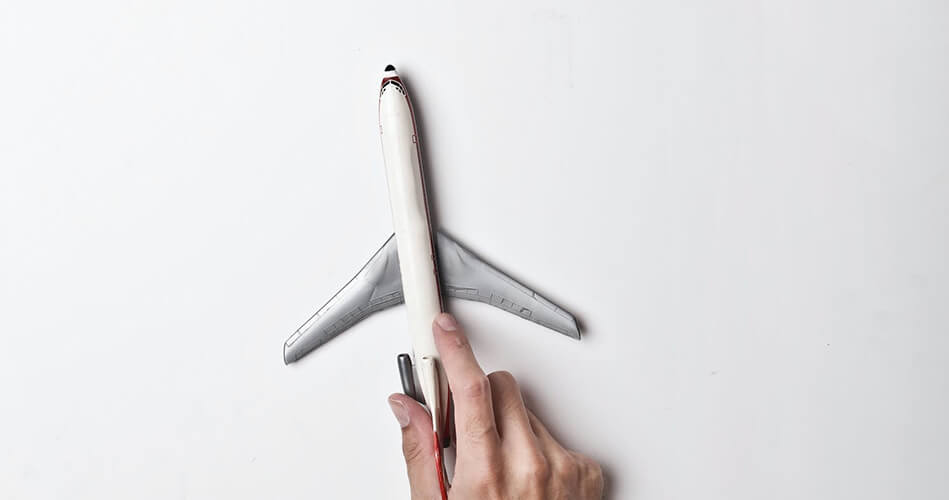
Most companies have a written ATP exam. The good news here is that you know exactly what you’re studying for – just get a copy of a written study guide from ATP and Dig.
5) Any training failures?
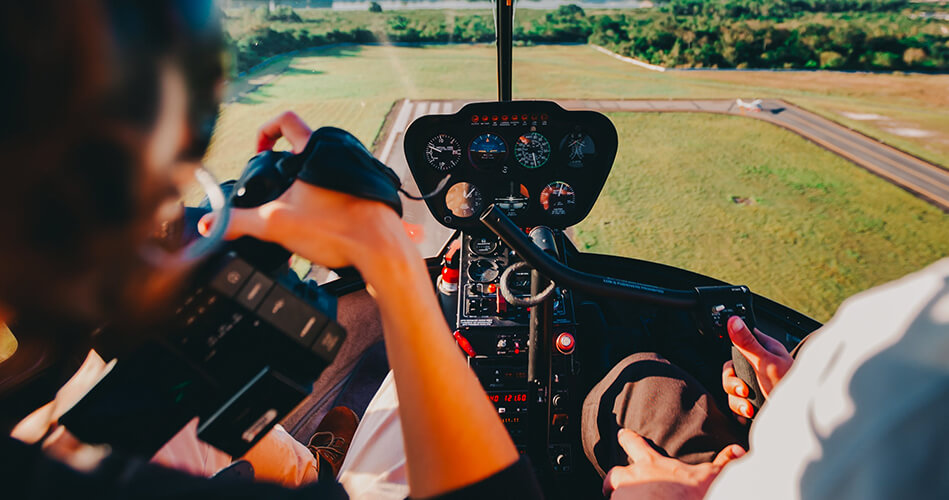
It is usually not the end of the world if you have one. Just make sure that it was clear what the choice was, and what happened. And be ready to talk about what you’ve learned from your mistake.
6) Put a good reference

Most employers require a personal reference. Make sure you have a good one, and that you have requested permission to include it for reference before typing the name and number. Nobody likes a sudden phone call!
7) General pilot knowledge
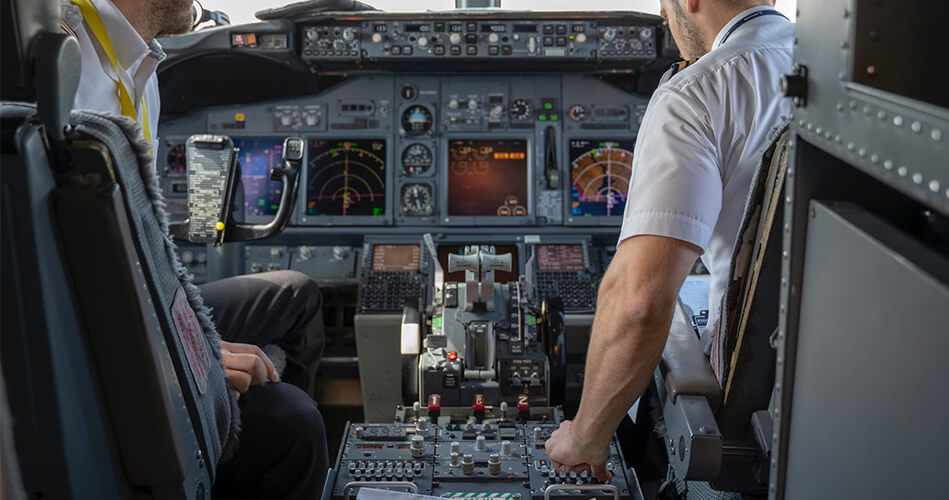
Almost any pilot interviews will include questions about being a pilot and the type of plane you fly. Make sure you have a solid understanding of the weather, the regulations, and the plane you are currently flying in.
8) Tell me about a time when…
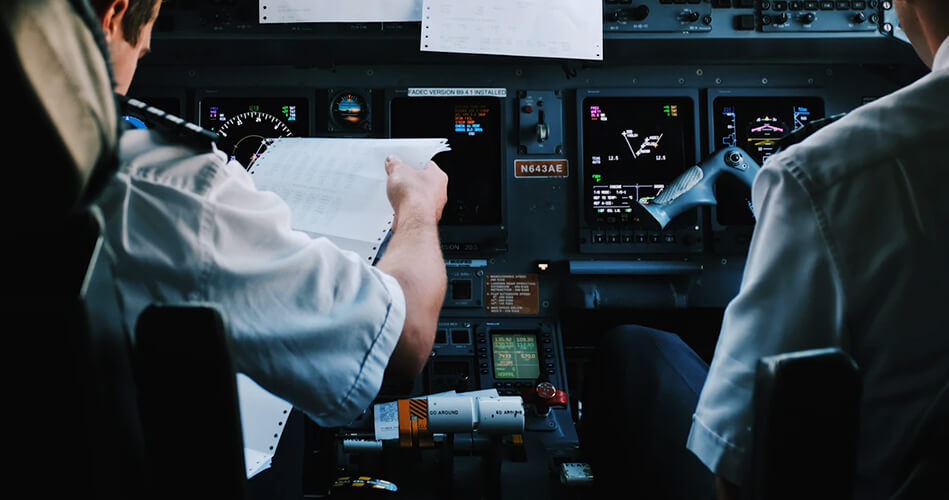
Your interviewer will ask you about what will you do through some situations such as:
- You had a dispute with another pilot during the flight.
- You made a mistake in a plane.
- You broke the rules.
Just make sure you are ready with some stories that you can talk about. The interviewer is looking for good judgment, as well as your ability to deal with stressful situations. Remember to always end your story with what you’ve learned.
9) Jeppesen charts
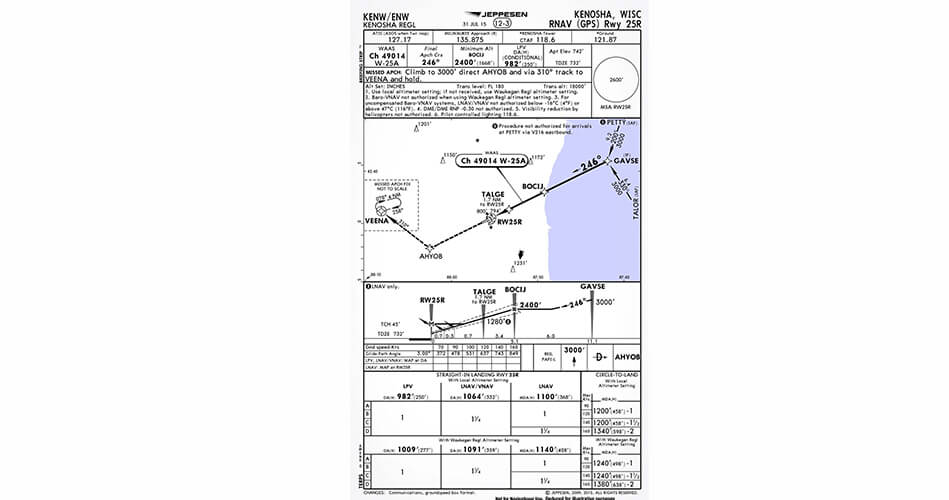
You may not use it now, but you will use it in your airline. Make sure you know the exact details of Jeppesen charts and symbols. It’s similar to NOS charts, but there are some differences that can cause disconnects in an interview. Exercise and fly through any questions on the chart that your interviewer can ask you.
Top 15 attributes that you need to demonstrate
They are looking for you to prove that you have all the non-technical skills (interpersonal/soft skills) required to succeed in the role, regardless of how long you’ve been a pilot.
Here are some of the skills needed to succeed in pilots interviews:
- Problem Solving
- Situational Awareness
- Team Work
- Leadership
- Prioritization
- Delegation
- Communication
- Planning
- Flexibility
- Reliability
- Empathy
- Business Orientated
- Customer Minded
- Adverse to risk
- Motivated / Passionate
The way the evaluator will usually try to get you to demonstrate that you have the aforementioned competencies is through example-based questions such as “Give an example of when you offered the initiative?”. You have to make sure that you are ready for pilot interviews by being prepared with examples of the pre-mentioned questions.
Of course, the more flight experience you have, the more aviation-based examples you can provide. However, if that’s not the case remember that the most important thing is to demonstrate proficiency.
Also Read:
Captain pilot: A glimpse into the life of pilots
How much does it cost to become a pilot?
The best job in the world: Pilot salaries
QUESTIONS ABOUT OUR FLIGHT ACADEMY? ASK A TRAINING ADVISOR




